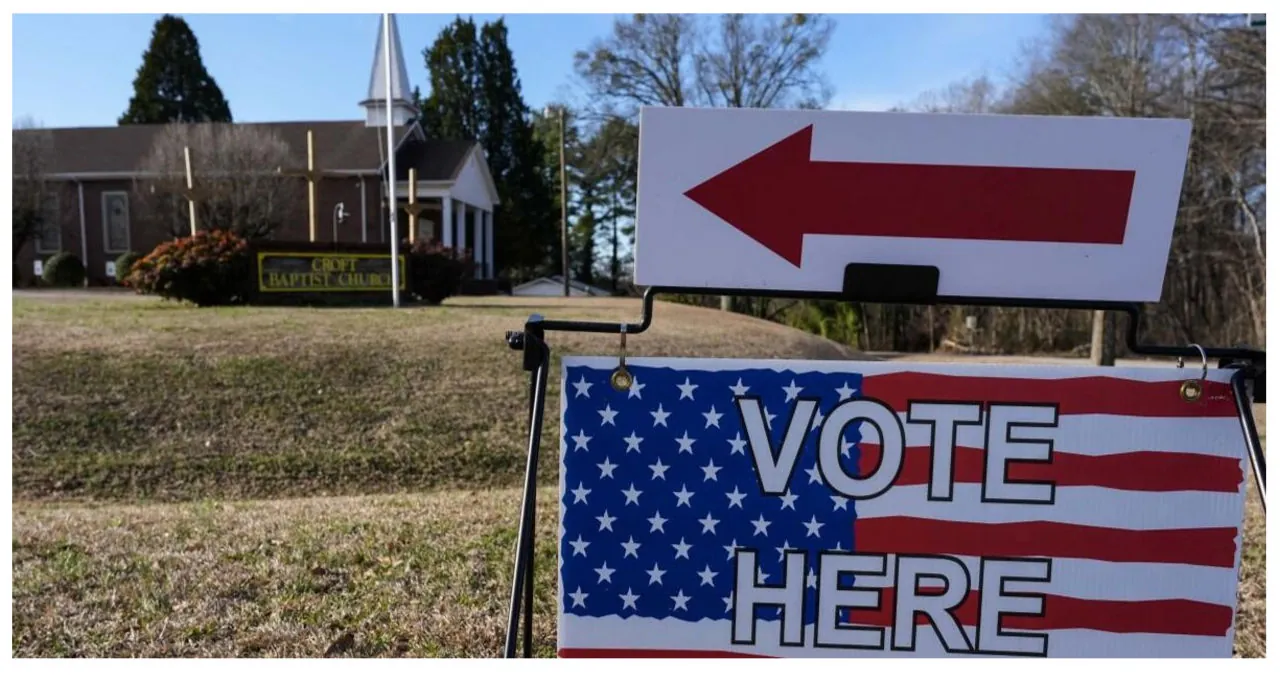Aiexpress – A significant portion of Republican primary and caucus voters express their dissatisfaction towards Donald Trump potentially becoming the party’s presidential nominee, to the extent that they would refuse to vote for him in the upcoming general election, as reported by AP VoteCast.
The data analysis reveals that a significant number of those voters had little to no inclination to support Trump, and this sentiment existed even before this year. However, these findings do present potential challenges for the former president as he aims to solidify his nomination and shift his focus towards an anticipated rematch against Democratic President Joe Biden.
In the first three Republican contests, based on AP VoteCast surveys, it was found that 20% of Iowa voters, 33% of New Hampshire voters, and 25% of South Carolina voters would not support Trump in the general election if he were to be renominated.
Voters in the earliest states are not the only ones who are unwilling to consider voting for Trump in the presidential election.
Lee and Bill Baltzell made the decision to leave the Republican Party and register as independents one year ago. Last week, they attended a rally in Centennial, Colorado, in support of Trump’s final major competitor, former U.N. Ambassador Nikki Haley. Their intention was to provide encouragement for Haley to continue her campaign against Trump.
Bill Baltzell, 60, expressed his uncertainty about whether Trump would encounter further legal issues that could lead to his disqualification. He also mentioned his preference of not having Biden serve another four years as the President.
Lee Baltzell, 58, expressed her intention to consider an alternative candidate if the choice comes down to Biden and Trump.
“I’m not sure. I didn’t vote for Biden last time, and I’m not sure if I could do it this time either. But I also don’t know if I could vote for Trump.”
Opposition from voters like the Baltzells has not hindered Trump’s progress towards securing the nomination. However, this opposition may pose a challenge for him in the future. The extent of this problem remains unclear, as a closer look at the data reveals that many of the “never-Trump” voters in the early states were already unlikely to support him in the general election.
A significant number of voters who expressed their unwillingness to vote for Trump as the nominee are not even Republicans. In the initial three head-to-head contests, a range of 17% to 31% of these voters, who stated their disapproval of Trump in the general election, identified themselves as Democrats. Moreover, between 14% and 27% of these voters identified themselves as independents.
A significant number of Republicans found it challenging to support Trump’s candidacy from the start. In fact, approximately half to two-thirds of the voters who strongly opposed Trump in the early contests revealed that they voted for Biden in the 2020 election.
Primaries have a tendency to attract individuals with the strongest and most passionate opinions. It is a well-known fact that voter turnout in primaries and caucuses, especially those that are not fiercely contested, is generally lower compared to general elections.
Around 10% of early contest voters who previously backed Trump in the 2020 general election have now expressed their intention not to support him this year.
However, the question remains as to whether they would choose to vote for Trump’s opponent instead.
“I won’t vote for Trump, I’ll just say that,” expressed Linda Binkley, a 74-year-old registered Republican. Despite having voted for him twice before, she firmly stated that she could never vote for him again. However, she also expressed her uncertainty about casting her vote for Biden.
If Trump wants to secure the nomination and make a comeback to the White House, he will have to win over some of the moderates who previously supported Biden in the 2020 election. In this regard, any form of opposition, even if it comes from within his own party or from the broader independent voter base, could potentially pose a challenge for him in the future.

